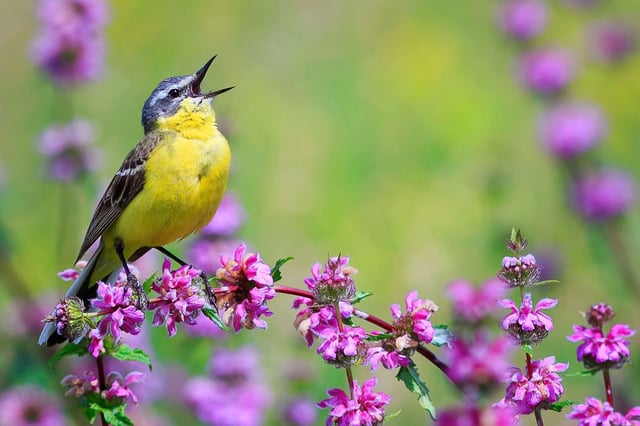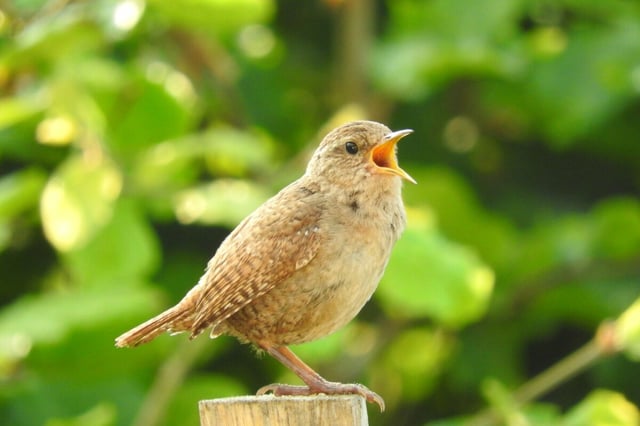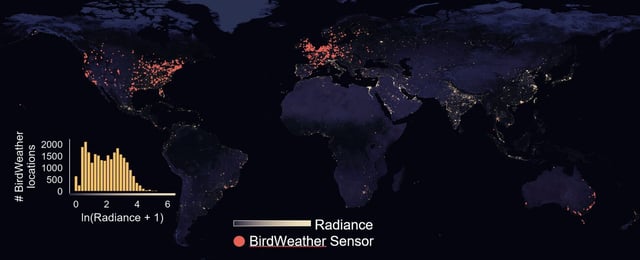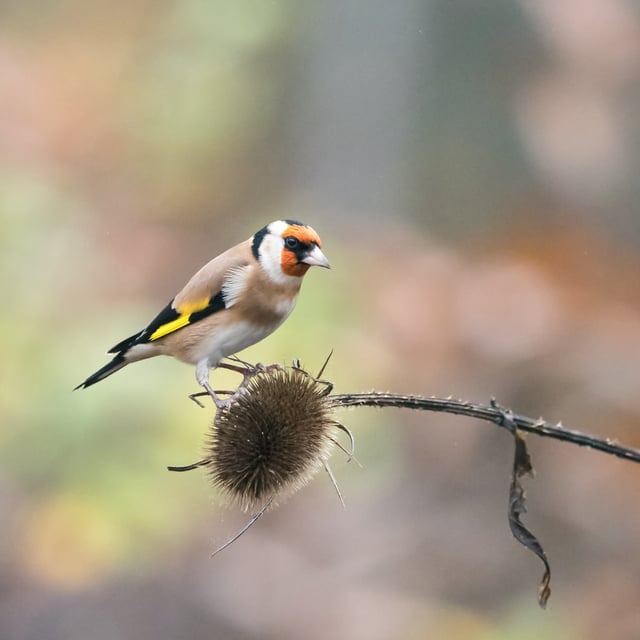Overview
- In the brightest night skies, diurnal birds extended daily vocal activity by about 50 minutes compared with the darkest sites.
- Recordings show songs starting roughly 18 minutes earlier at dawn and ending about 32 minutes later at dusk in light‑polluted areas.
- Species with larger eyes relative to body size showed stronger responses to night lighting, indicating trait-linked sensitivity.
- Researchers analyzed BirdWeather/BirdNET recordings from worldwide stations and paired them with month-specific VIIRS night‑light data, with reported subsets ranging from about 61 million to more than 180 million vocalizations.
- The ecological consequences remain uncertain, with authors noting potential trade‑offs between extra foraging or mating time and reduced rest, and urging further study as light pollution covers vast human-inhabited regions.



